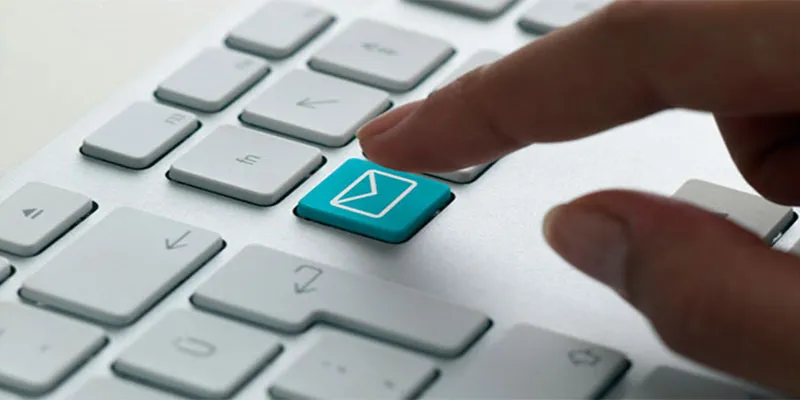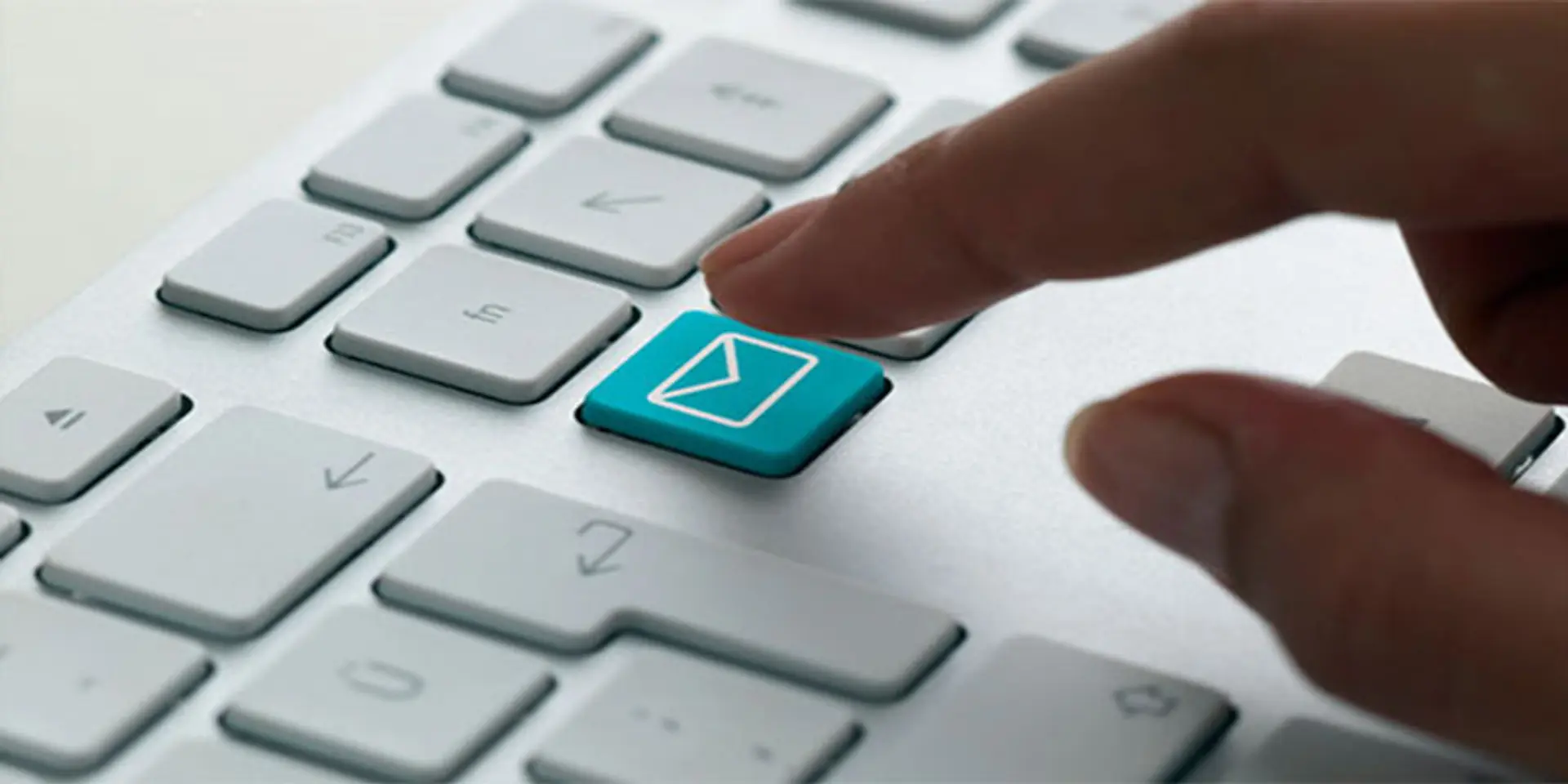Some emails can never be ignored! Why?
Most often we pay very little attention to the mails that go out from our inbox. The most common assumption while writing emails is that the recipient will get what we are thinking or what the intention of our email is. Well is that true? Are we achieving our objective? If not, what do you think is gong wrong? Easier to assume the other person just didn’t get me right or get me at all?

However, if we revisit the principles of communication we will realise that the responsibility of the sender of the message is always higher than the receiver. Simply put, if you have written the email, the reader of the mail should be able to comprehend exactly what you meant to convey.
Also read: Here is the most underrated productivity secret of Benjamin Franklin you can use
Few tips from my experience so far.
Tips to writing short and effective emails
Tip 1#Meaningful subject line: Remember the subject decides the click. It is as important as the newspaper headline. Can you intrigue me with the subject of your email?
- Never make the mistake of leaving it blank. It often leaves the impression of arrogance or dismissive attitude. You clearly don’t want to be misunderstood.
- Subject line should make the recipient think: Treat it as an opportunity to get their mind space even before they open the content.
Tip 2 #KISS emails: Keep it (your email) short and simple. Also, best to re-read your email once you have drafted it. These days we read emails on our smartphones, hence, shorter paragraphs with two three sentences are ideal. If you dislike scrolling so does the recipient of your mail.
Must read: 55 great productivity tools and, resources for startups and entrepreneurs
Make sure your emails have the marketing pitch way of communicating, which essentially means that it will answer – who (only if introducing yourself), what (your reason for writing), why (what do they/organisation get out of it), how (how do they get the benefit), when (by when do you expect a response and hence setting clear expectations). If you can use two to three lines to each ‘w’, will say a great job done!
Tip 3# Abbreviations best avoided: Make sure you are not using abbreviations that are totally unheard of or sound like slangs. Keep at the back of your mind; your e-mail is representing you. For example, ‘cya’ is all right with a friend and not in business emails.
Tip 4# Watch your tone: If you are writing an internal mail, you can adopt a more casual tone (not offensive), but if it’s being sent to the outside world best to stick a formal tone. Also, use your intuitive sense to understand what tone would you like your email in. For example, I met someone in a professional setup like a business conference and had to later re-connect on the mail. We had a lighthearted conversation. Hence, a light tone in the mail seemed totally acceptable. Maybe you could ask yourself what is the level of rapport I have with the person I am writing to and accordingly decide the tone.
Read more:
8 ways to keep your employees productive and motivated
How I increased my productivity 1.5x by experimenting with my work schedule







